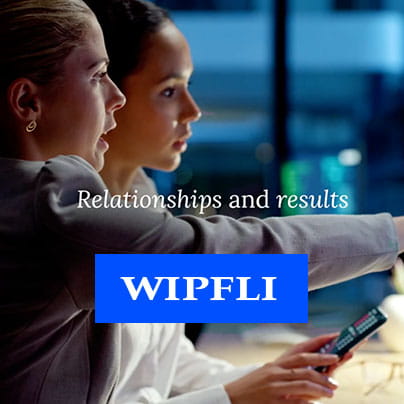How Wipfli performance coaches empower employees through kindness and clarity
In my work at Wipfli, the phrase, “people are my practice.” is particularly relevant as companies like ours strive to create a culture of transparency, feedback and collaboration.
Empathy and clarity have become paramount skills in recent years, particularly after the tumultuous events of the pandemic.
One key element of this is the adage "clear is kind."
Leaders and coaches who practice clarity and kindness set unambiguous expectations, offer specific feedback, and encourage open communication. As we focus on the principles of clarity and kindness, we create a supportive environment where employees feel heard, valued, and motivated to excel. Clear, kind and personal dialogue will change the game.
At the heart of this cultural shift is a strategy designed to improve culture and, ultimately, yield better total rewards. The strategy includes refining the role of the performance coach and fostering better dialogue.
And as Wipfli begins our annual performance conversations, we are investing in the culmination of 365 days of dialogue and performance feedback. This is a key time to summarize and discuss individual goals and performance.
To foster this new culture, it is essential that performance conversations go beyond the typical “what’s going well and what isn’t” discussion. Performance conversations are a key opportunity to discuss potential roadblocks to performance, and to make the company’s mission relevant to each employee’s work by weaving in goals that reflect the company's core values.
The dialogue between performance coaches and their coachees should also be a frequent, two-way conversation.
In fact, during our 2022 engagement survey at Wipfli, we added a question to explore how important it was that coach and coachee meet frequently. We can now statistically show that employees who meet with their performance coach monthly are more engaged. On the other hand, when coach and coachee meet less frequently, we see lower engagement levels.
Most importantly, to truly achieve the performance culture we seek, the performance coach must evolve beyond simply offering advice and guidance.
Coaches should lead with clarity and kindness to empower employees to set goals, solicit feedback, and develop strategies for personal and professional growth. By fostering a safe space for associates to share their thoughts and concerns, leaders can create stronger relationships and drive better outcomes.
By redefining performance evaluations and coaching with empathy, clarity, and a transparent culture in mind, we can better position our employees for success, both personally and professionally.



.png?rev=c7f1446d76bf40188a8cc05c713137c3&hash=58504D236159B94CE0C20A958F546BD2)

